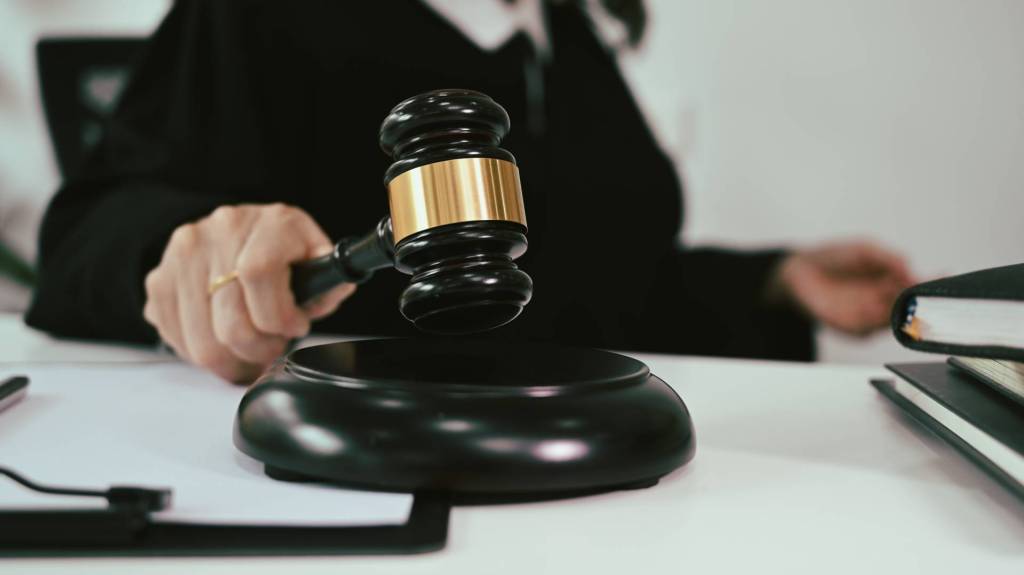The statistics are quite startling. One in three Canadian females and one in six Canadian males will experience some type of abuse before the age of 17. If you suspect that someone you know is or has been a sexual abuse victim, a Halifax sexual abuse lawyer may be able to help.
Maybe you suspect that a child you know is being sexually abused based on something you’ve seen, or a child has told you that abuse is happening. Maybe it’s your own child. You do not need to have proof that abuse is occurring in order to speak with a lawyer – only reasonable suspicion.
Sexual abuse is a crime that is often both unreported and unsuspected. Reasonable suspicion may arise if you have witnessed behavioral or physical signs of sexual abuse, either in the child or the purported abuser, or both, or if a child has made a disclosure to you regarding sexual abuse.
How Is “Sexual Abuse” Defined?
A variety of behaviors may constitute sexual abuse, but the generally accepted definition is “non-consensual sexual contact or behavior” including but not necessarily limited to:
- unwelcome sexual touching;
- sexual acts like masturbation, oral sex or intercourse;
- coercing or forcing another person to engage in sexual behavior
It is important to understand that sexual abuse does not necessarily require threats or intimidation. Sometimes there is an argument that the child “consented” to the sexual acts. Currently, the legal age of consent in Canada is sixteen (16) years. But that only applies if the older person is not in a position of power, authority or trust. Sexual abuse can be a single incident, a series of incidents, or ongoing abuse.
What If a Minor Discloses Sexual Abuse To You?
Children may disclose sexual abuse in stages – a little at a time – accidentally or by making odd references here and there, so it can be difficult for the person receiving a child’s disclosure to know how to interpret the information.
Follow these guidelines if a child tells you that he or she is being or has been abused sexually:
- Give the child your undivided attention.
- Reassure the child that you believe him or her.
- Assure the child that what happened is not his or her fault.
- Don’t ask leading questions that might influence the child’s answer.
- Try not to react strongly.
- Write down what the child says and how the abuse was disclosed to you.
Finally, never promise to keep what you’ve been told a secret. Tell the child that you must share the information with people who work to keep children safe.
What If the Victim Is Your Own Child?
If your own child is the abuse victim, first you must take steps to make sure your child feels safe. You also must create an environment that makes your child feel safe again, and you must tell the child, “I love you, I’ll protect you and I won’t let anyone hurt you.” Only then can you deal with your feelings and reactions. You may need counseling.
Most acts of sexual abuse are perpetrated by someone the victim knows. A child’s abuser could be a Scout leader, a teacher or coach, a friend of the family, a person in the clergy, a relative, a neighbor, or a complete stranger. There is simply no way to identify in advance the people who are child abusers.
What Action Should You Take?
Every province and territory in Canada have laws in place that create a legal duty to report suspected child abuse. Usually the first step is to report to your local child welfare agency, then to the police. For example, in Nova Scotia persons who suspect child abuse are asked to report to their local child welfare agency. The Department of Community Services has an online list of various reporting agencies.
To begin a criminal prosecution, you make a statement to the local police, who will investigate the claim to determine if there is enough evidence to bring a criminal charge against the abuser. If there is, the Crown Attorney’s office will file the charges and take the case to court.
An abuser could receive a criminal conviction and even serve time in a correctional facility, but proving sexual abuse may not be easy, especially if the abuse wasn’t recent. Without clear and convincing evidence, sometimes it may be difficult to convict someone of criminal sexual abuse.
Can an Abuse Survivor File a Civil Claim for Compensation?
Another option is taking legal action against the abuser in civil court. Because the burden of proof in a civil claim is lower, it may be easier to prove the abuse happened than in a criminal prosecution, (where a conviction requires proof beyond a reasonable doubt). With a civil claim, you pay no lawyer’s fee until and unless you or your child are compensated.
A Nova Scotia sexual abuse lawyer can help you decide what the best option is in your particular situation. In some cases, you should exercise both options. If the abuser has already been convicted of sexual assault, the criminal conviction can be presented as evidence in a civil proceeding.
However, if the abuser is found not guilty in a criminal proceeding, it does not mean that a civil lawsuit cannot succeed. Again, since the burden of proof in a civil suit is just on “the balance of probability”, it does not require as much evidence as proof beyond a reasonable doubt required in a criminal trial. Of course, every case is different, so you should have personalized legal guidance and advice from the right Halifax sexual abuse lawyer.
Justice Is Only One Part of Healing
Sexual abuse victims can move toward healing by obtaining justice from the courts, but victims should also seek a counselor’s help as soon as possible after the abuse. Every survivor of abuse is impacted differently. Not every survivor suffers psychologically, but there is usually a strong link between sexual trauma and mental health.
Survivors of childhood sexual abuse tend to have higher alcohol and drug dependency rates, more anxiety, and more antisocial behavior. They may have difficulties forming lasting interpersonal relationships, and they have divorce rates far higher than the general population.
When Should You Contact a Sexual Abuse Lawyer?
There is no deadline or statute of limitations in Canada for bringing a claim for compensation for sexual abuse and there is no statute of limitations on criminal sexual assault charges. If you have ever been a sexual abuse victim, you can contact a sexual abuse lawyer for advice or ask the police to investigate and the Crown Attorney’s office to file charges on your behalf.
However, if you can, the sooner you act, the better. Evidence can deteriorate or disappear over time. The memories of witnesses fade in time, or witnesses move or pass away. The sooner an abuser is prosecuted, the more likely it is that the abuser will receive a criminal conviction.
Is There a Deadline for Taking Legal Action?
In Nova Scotia, there is no deadline for bringing a civil sexual abuse claim that seeks compensation. Proof beyond a reasonable doubt is not required, but you and your lawyer still must prove it is “more likely than not” that the abuse happened.
There is no cost to learn more about your rights or to have a lawyer review your case. The lawyers at McKiggan Hebert who represent sexual abuse victims work on a contingency fee basis, so you pay no fee to your lawyer until and unless you recover monetary compensation.
If you’re a survivor of sexual abuse as a child, or if you’re the parent of a child who is a sexual abuse victim, the right Nova Scotia sexual abuse lawyer will fight for justice – and for compensation – on your behalf. Make the call right now and arrange a free legal consultation.













